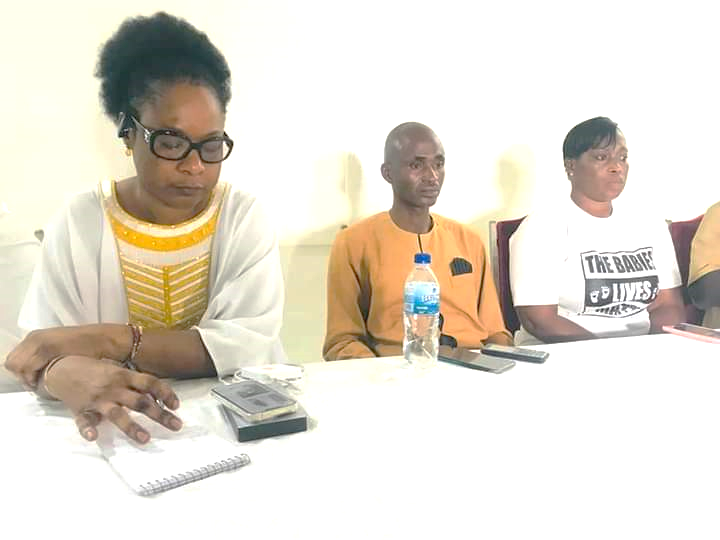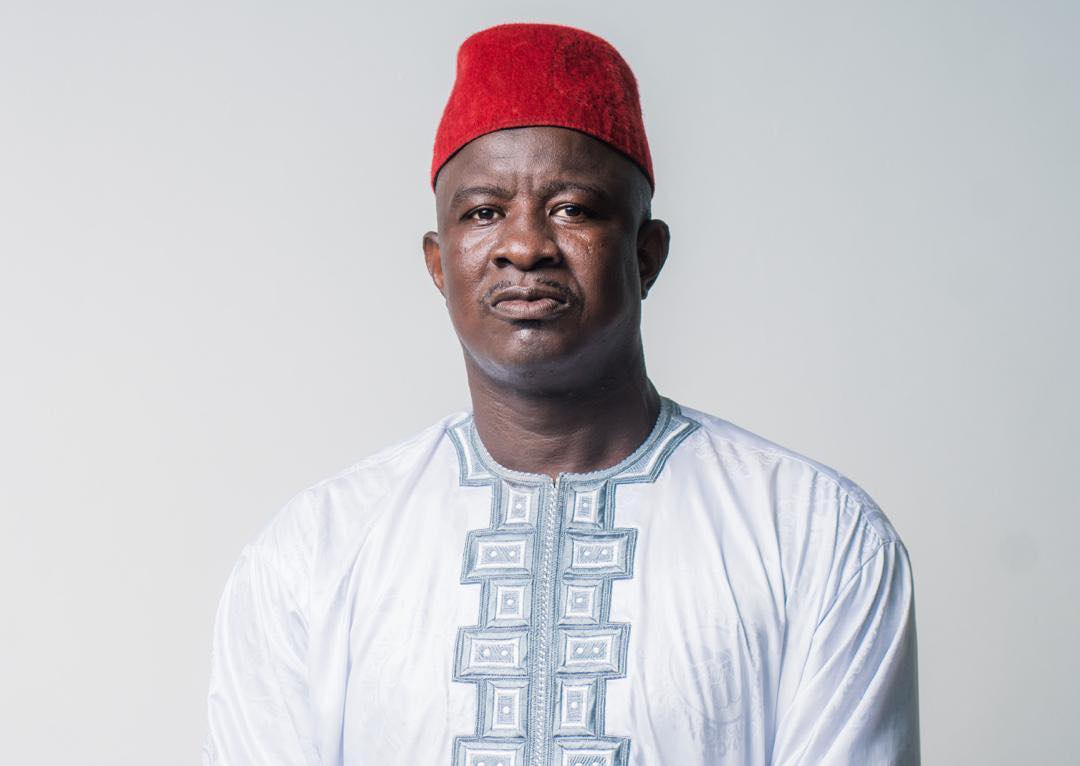By: Nyima Sillah
The National Human Rights Commission (NHRC) in its 2022 State of Human Rights report called on the Government to take positive steps to address the rising cost of living crisis and provide social safety nets for the vulnerable to reduce the impact of the crisis on them.
“The post-COVID-19 pandemic in The Gambia continues to be characterized by a rise in fuel price, basic commodities, and transportation costs. This has given rise to an unbearably high cost of living and allegations that the State is not doing enough to remedy the situation.
The poor state of socio-economic standards in The Gambia continues to influence youths to take the perilous journey to Europe through the ‘backway’ and risk losing their lives. In July 2022, it was reported that at least two Gambians died in a boat accident in Kafountine, Casamance, while on the ‘backway’ journey,” the report highlighted.
According to the report, in the statement to the African Commission on Human and Peoples’ Rights during the 73rd Ordinary Session held in Banjul between October and November 2022, the Commission urged the Government to take measures to remedy the constant rise in the cost of living, including strengthening and expanding social protection programmes to all vulnerable groups, particularly those living below the poverty line.
“In July 2022, about 371 Public and Environmental Health Officers were suspended for two months without pay, following protests by officers of the Ministry of Health. The strike was over the allowance scheme of the Ministry. This suspension came after the officers refused to comply with a directive from the Ministry to resume duties after a long period of unauthorized absence. The suspension contravened the right to industrial action protected by the ILO Conventions,” the report further highlighted.
However, the NHRC 2022 State of human rights report added that the rights to food, adequate housing, an adequate standard of living, and the right to health were recurring themes in the recommendations to The Gambia in the UPR.
“These are protected under the international obligations of The Gambia as enshrined in instruments such as the ICESCR, the African Charter, and the Maputo Protocol and are in line with SDGs 1, 2, 3, 8, and 11. In the 2021 State of Human Rights Report, the Commission recommended the inclusion of enforceable provisions on socio-economic rights in the 1997 Constitution.
This recommendation is yet to be implemented and the Commission reiterates the need for justiciable protection of these rights in the Constitution,” the report pointed out.
Meanwhile, the commission urged that there is a need to enact constitutional provisions for enforceable rights to food, health, social security, and a safe habitable environment, and also an approach to the eradication of poverty as a human rights issue and make efforts to meet SDG 1.





